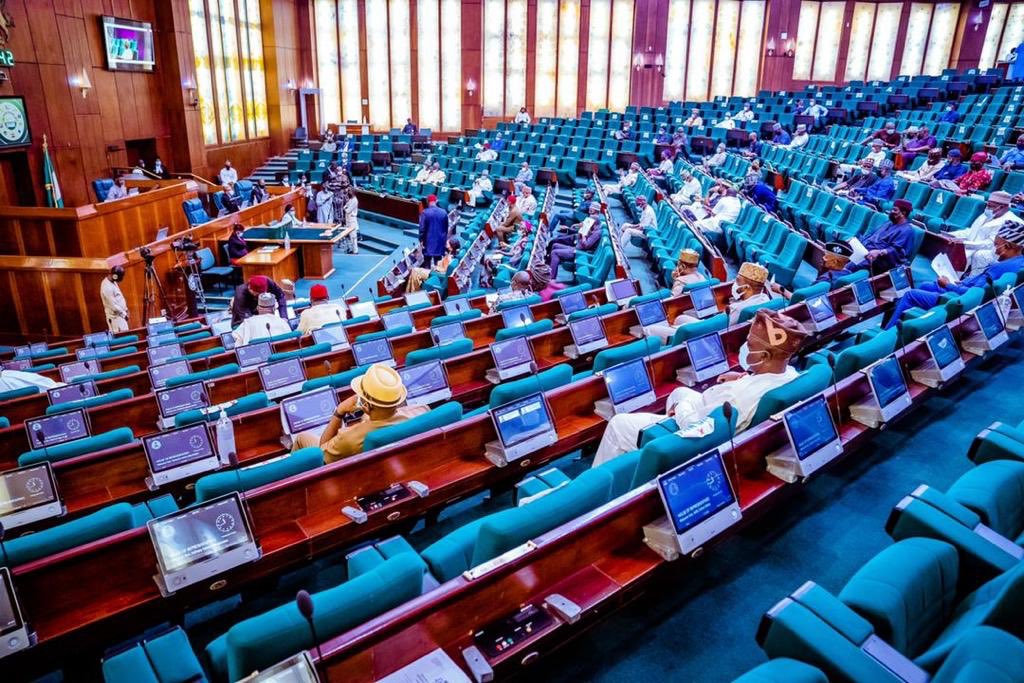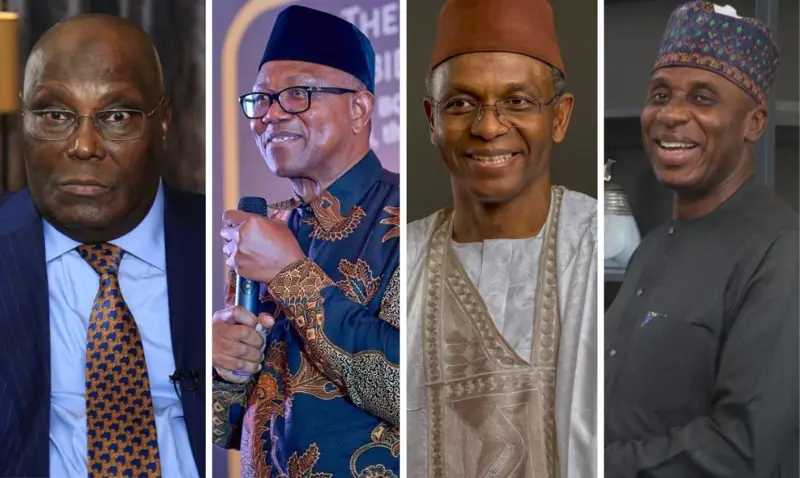

Sometimes, I wonder what the Ancient Greek philosophers would say about the so-called legislators in our democracies today. All the wisdom and uprightness ascribed to that position are still running after the virtueless, egomaniacal impostors in our parliaments and institutions.
If Plato, Aristotle, and others were right about legislators being the lifeblood of a state, as being the highest representation of a people's virtues and aspirations, then our legislators have utterly failed and, worse, do not suggest in any way that they are capable of rising to the call of their position.
How are we supposed to seek remedy to what ails our society through the very same camarilla whose relevance holds only when the state remains necrotic? Theirs is to make or debate the most oppressive and hostile legislation possible against the people they claim to represent and their collective good. They are as morally and intellectually perverse as any ragtag of misfits can be. Their existence is essentially inimical to the prosperity and felicific potentialities of the majority they claim to lead, so we are more likely to see them threaten to make us disappear and suffer than to promise us a good and just society.
Before our colonization, the deities that make up our pantheon were not regarded as slovenly observers in social matters: they were active participants to the extent that both the leaders and the led were conscious of the instant retribution of the gods. Ogun was worshipped both for his divine status and capacity for instant vengeance. Esu was feared both for his duplicity and ability to mentally spatchcock his victims and throw them into a state of disorder. Wherever the expected divine retribution was slow in coming, the people were swift to nudge, goad, or even assume what was culturally the role of the gods to ensure that justice was done.
The point is not that we should canonize our ancestors as infallible superhumans but to remind us that there was a certain order to things in pre-colonial Africa, that there were certain values around which society was organized, a very particular systematization of consciousness that underlay the ways duties and responsibilities between the leaders and their followers were understood and interpreted. In the absence of this sociocultural hermeneutics and the sense of moral rectitude that vitalized it, our society is now a cesspit of sinecurism and abdicated responsibilities.
Today, the majority of our people are mere bystanders in the events and processes that shape their lives. We have a constitution—an essential feature of liberal democratic practice—that is only as good as the absolute cant, unfulfilled promises (social welfare, unemployment benefits, etc.), political skulduggery, and utopia in it. Political responsibility is generally now synonymous with thoughtlessness, anti-intellectualism, dereliction, elusiveness, fatalism, and defeatism.
Perhaps there are questions for us here about the spirit of the religion we were given by those who forced their ways on us: If we confine ourselves strictly to the motions of historical processes, we know that a socio-theological outrage against the oppressive and narcotizing influence of religion in Europe was essential to the consciousness that invigorated its subsequent revolutions. Europe is the better for it today, but we, the condemned paraphernalia of the colonies they amassed in the process of their becoming, are not.
The predominant version of Western Christendom in our society is the one that encourages political apathy, fatalism, and subservience to authority. By contrast, for all its controversies and seemingly perverse tropisms, one thing we cannot call Islam is an indolent religion: Wherever you find indolence among fundamentalist Muslims, it is simulated (and often temporary), not embedded.
At any rate, the existential pride, values, dignity, and fullness of being that underpinned the life force of the pre-colonial African person, all of which we shamelessly romanticize in our top-selling Netflix and Amazon Prime movies today, are also the elements of our culture that we consider too archaic, uncivilized, and incompatible with modernity and globalism. Here, I believe, lies the root of all our failings. How can we hope to build a good and just society by disdaining the values that gave us our original identity? Even Europe had to rebirth and revive itself before it entered the Age of Revolution and Industrialization.
All this to say, Nigerians must, at one point, decide that they want a country that works. When the head has completely lost its place, as in our society today, it is the people's responsibility to restore the body to its most conducive state. More people already die every month in Nigeria than would ever die from a people’s revolt against this necrotic state. We cannot continue to abdicate the responsibility for our freedom and prosperity to the same people who make us unfree and impoverished—and I mean both the hands we can see and the ones we cannot see.
Leave a Reply
Your email address will not be published. Required fields are marked *



Comments (93)